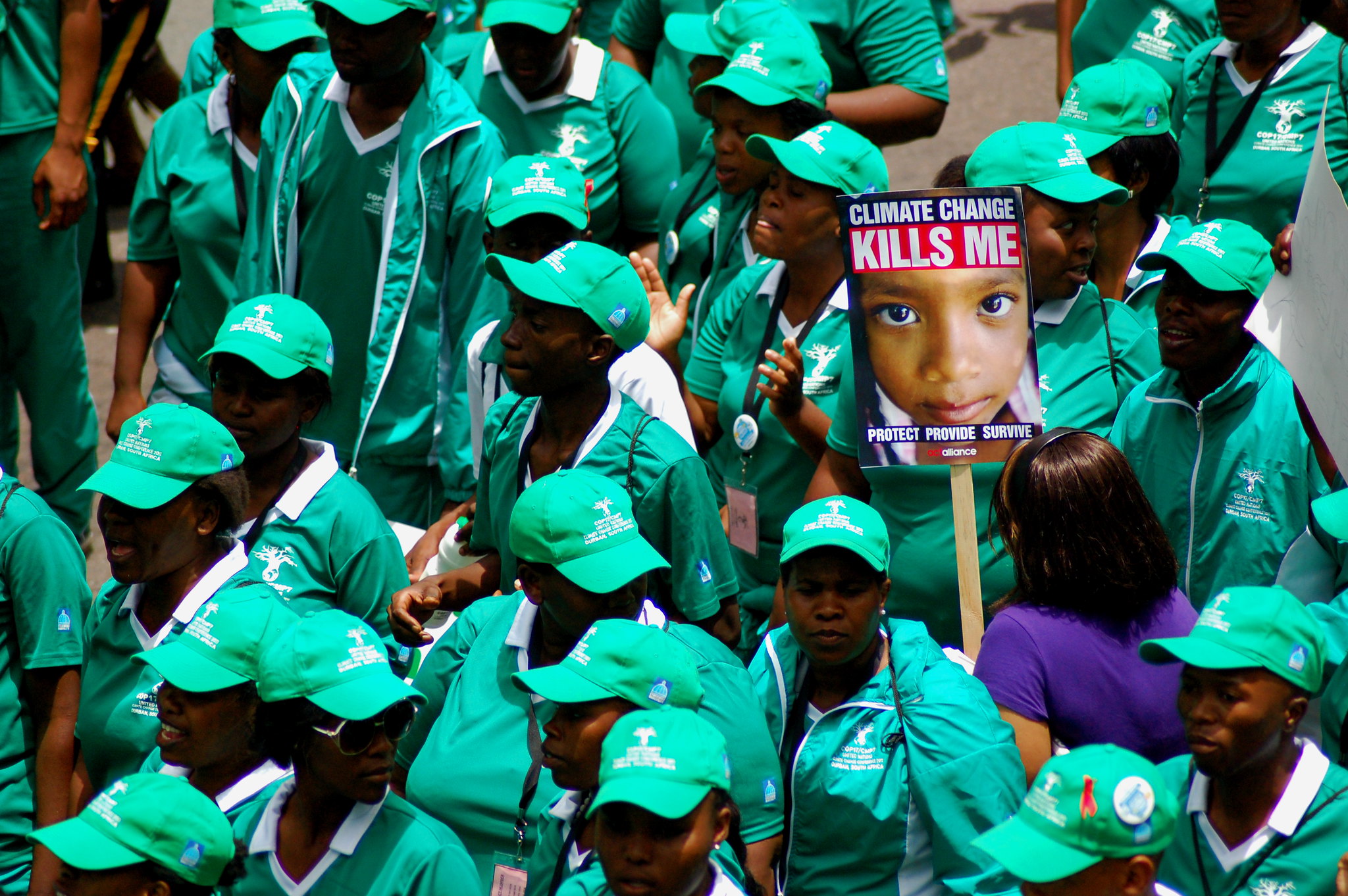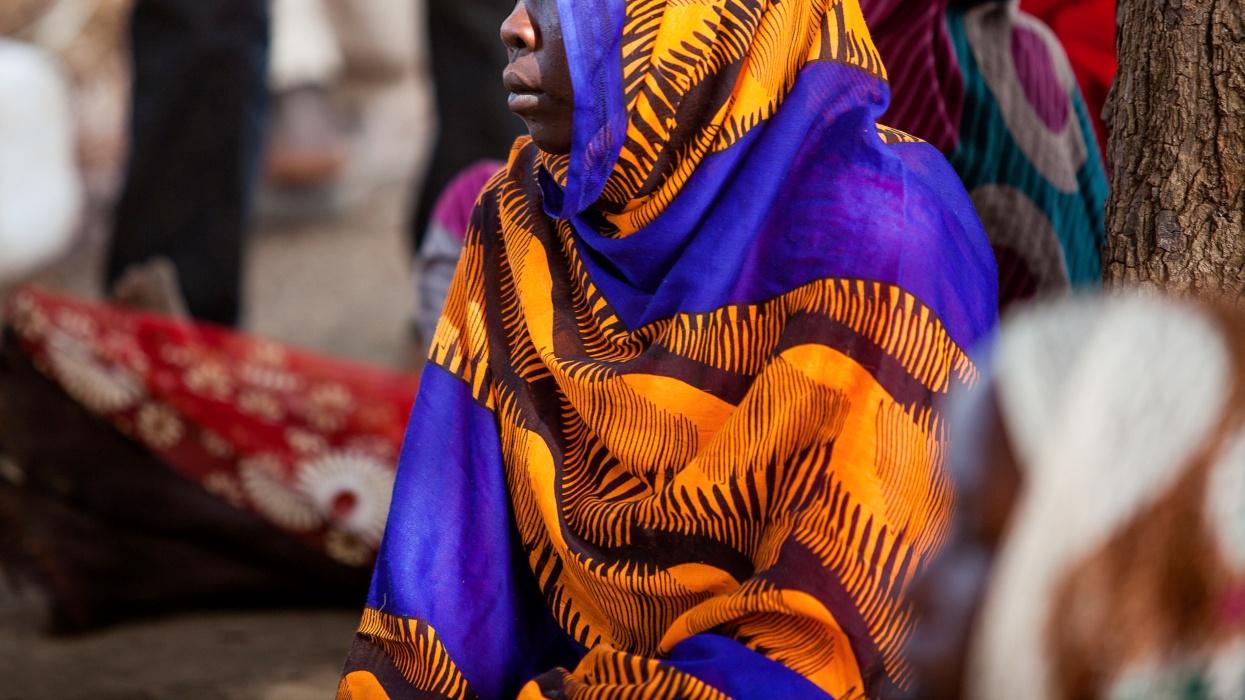In a 2012 blog post, MIT’s Daron Acemoglu and Harvard’s James Robinson call attention to a “fancy school” built in a small village in Sierra Leone and financed by Chinese development aid. They ask a pointed question: “Why would anyone want to build a wonderful school in the middle of what Africans call ‘the bush’?” As Acemoglu and Robinson explain, “Yoni is the home village of Sierra Leone’s president, Ernest Bai Koroma.”
African leaders seem to value aid from China because of the way in which Beijing puts the ‘country ownership’ principle into practice and fosters respect for the autonomy of a recipient government to manage their own development policies. As President Museveni of Uganda explains, “[t]he Western ruling groups are conceited, full of themselves, ignorant of our conditions, and they make other people’s business their business, while the Chinese just deal with you as one who represents your country […] .” Similarly, one official from South Sudan claims: “the U.S. and our other [Western] friends regularly tell us with certainty what we need. The Chinese appear more open to talking and to hearing what we want.”
In a new paper, “Aid on Demand: African Leaders and the Geography of China’s Foreign Assistance,” we investigate whether the “school in the bush” is a mere coincidence or representative of a broader pattern. Specifically, we investigate whether and to what extent foreign aid is disproportionately allocated to the birth regions of African leaders and/or those regions populated by the leaders’ ethnicity. We argue that China’s procedures for allocating aid gives political leaders in aid-receiving countries more discretion in siting development projects compared to those from Western donors. Such ‘aid on demand’ may enable the recipient government to site projects according its personal or political ‘needs’ rather than according to the needs of the recipient population. To test this claim, we compare the subnational allocation of Chinese and World Bank development finance.
To track the amount of Chinese aid given to a particular administrative region within African countries, we geocoded AidData’s Chinese Official Finance to Africa dataset. The resulting dataset consists of 1,898 project locations geocoded at the provincial level and 1,575 project locations geocoded at the county level. The figure provided below shows the amount of aid that comes with these projects. While China is very active across the African continent, there is significant variation within as well as across countries — a difference that most previous research does not track.

Our empirical results demonstrate that a disproportionate share of Chinese official financing goes to the birth regions of African leaders. This is true even after we control for a large number of other factors that might affect the location of a project. Specifically, our results indicate that the average African leader’s birth region receives nearly four times as much (270% more) financial support from China during the period of time when he or she is in power. We found no evidence of similar preferential treatment in regions which were populated by large numbers of the leader’s ethnic group.
Of course, these findings beg the question: Does aid from ‘traditional’ donors suffer from the same type of subnational targeting bias? To address this question, we replicate the same analysis with data from the World Bank, one of the largest sources of development finance in Africa and the only other ‘traditional’, Western donor for which subnational data are available for the entire African continent over the time period our study covers (2000-2011). We did not expect World Bank aid to be as vulnerable to politically-motivated targeting of project locations because the Bank grants less discretion to recipient governments and evaluates proposed projects using rigorous analysis designed to minimize the risk of “failure.” Empirically, we do not find a pattern of politically-driven resource allocation for World Bank development projects. World Bank projects are no more or less likely to end up in the home province of the President than any other province in the country.

Our statistical analysis suggests that Acemoglu and Robinson’s “school in the bush” story is not a mere coincidence. Chinese aid seems particularly vulnerable to political misuse because of Beijing’s non-interference policy and the manner in which the ‘country ownership’ principle is implemented. Therefore, while China’s ‘on demand’ approach to foreign assistance may be motivated by good intentions, it increases the risk that external resources will be allocated to politically important constituencies rather than communities with greater need.
Why should we care? Acemoglu and Robinson suggest that “the fact that such fancy schools and houses are being built in the president’s village, while most villages have no school and most villagers live in a decrepit houses” could “be related to why Sierra Leone is so poor.” Indeed, new research across and within countries suggests that when the allocation of aid is not based upon need, it is less likely to improve development outcomes.
One practical way to encourage need-based targeting is through greater transparency. Development finance institutions can do much more to publicly disclose where they are situating their investments. Indeed, careful scrutiny of China’s on-demand approach to international development finance will become even more important in future years, as China scales up its own bilateral aid program and assumes a leadership position in new development finance institutions, including the Asian Infrastructure Investment Bank and the BRICS’ New Development Bank.
This article was first published on the IGC blog.
Axel Dreher, Andreas Fuchs, Roland Hodler, Bradley Parks, Paul Raschky and Michael Tierney authored this piece.
The views expressed in this post are those of the authors and in no way reflect those of the Africa at LSE blog or the London School of Economics and Political Science.






Funny (though not so) how the authors compares the financial muscles of China against that of World Bank. Considering this error in geopolitical framing of global donor operations, the interest (of the west) in African development, as portrayed in this piece, is totally obliterated by a more powerful ego driven desire to portray the other party as lacking of virtue in the Sino-African undertakings. It is true that many African leaders are imperfect, our societies are imperfect too; however, the four authors have deliberately chosen to close their eyes to recent infrastructural development that China has invested in Africa. Almost half a century after partial decolonization (since African leaders, as portrayed in this article, are still answerable to the West), none of the former colonial regimes has ever invested in massive infrastructure aimed at boosting the state of affairs in Africa. Apart from the colonial era railway line erected by British to enhance movement of their troops into the interior of Africa and siphoning of resources to the Kenyan coast to feed the European industries; there’s nothing much I can lay my finger on and praise the Royals for it. Finally, from your analysis and desperate efforts to paint The World Bank as the saviour of Africa, I will categorically decline your assertions. It is unfortunate that exposing the questionable financial schemes of
the World Bank in Africa is beyond the scope of this commentary.